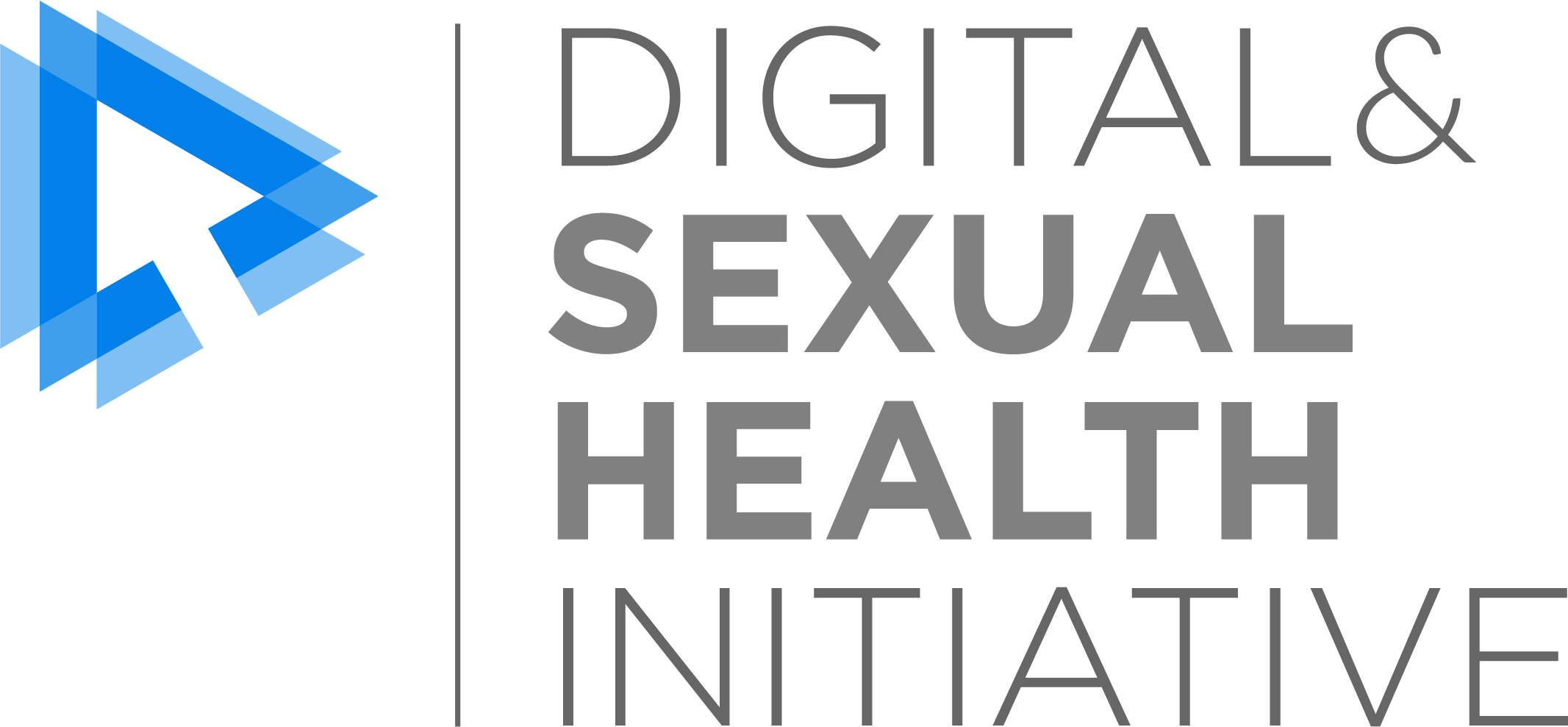Partner number and use of COVID-19 risk reduction strategies during initial phases of the pandemic in British Columbia, Canada: a survey of sexual health service clients
Research theme(s)
Internet Based Testing
Mark Gilbert, Hsiu-Ju Chang, Aidan Ablona, Travis Salway, Gina Ogilvie, Jason Wong, Laurence Campeau, Catherine Worthington, Daniel Grace, Troy Grennan.
Canadian Journal of Public Health, 2021. DOI: 10.17269/s41997-021-00566-9.
Objectives: Initial public health guidance related to sex and COVID-19 infection focused on reducing partner number. We characterized individuals having a higher partner number during the initial phases of the pandemic.
Methods: In British Columbia, the initial wave of COVID-19 cases was from March 14 to May 19, 2020, followed by gradual lifting of public health restrictions. We conducted an e-mail survey of existing sexual health service clients during the period of July 23 to August 4, 2020. We used bivariate logistic regression to examine the association between the reported number of sexual partners since the start of the pandemic and key variables (level of significance p < 0.01).
Results: Of the 1196 clients in our final sample, 42% reported 2+ partners since the start of the pandemic, with higher odds among participants who were men who have sex with men, and single or in open relationships prior to the pandemic. This group was more likely to perceive stigma associated with having sex during the pandemic, and had the highest use of strategies to reduce risk of COVID-19 infection during sexual encounters (mainly focused on reducing/avoiding partners, such as masturbation, limiting sex to a “bubble”, and not having sex).
Conclusion: Sexual health service clients in BC with 2+ partners during the initial phases of BC’s pandemic used strategies to reduce their risk of COVID-19 infection during sex. Our study provides support for a harm reduction approach to guidance on COVID-19 risk during sex, and highlights the need for further research on stigma related to having sex during the COVID-19 pandemic.
